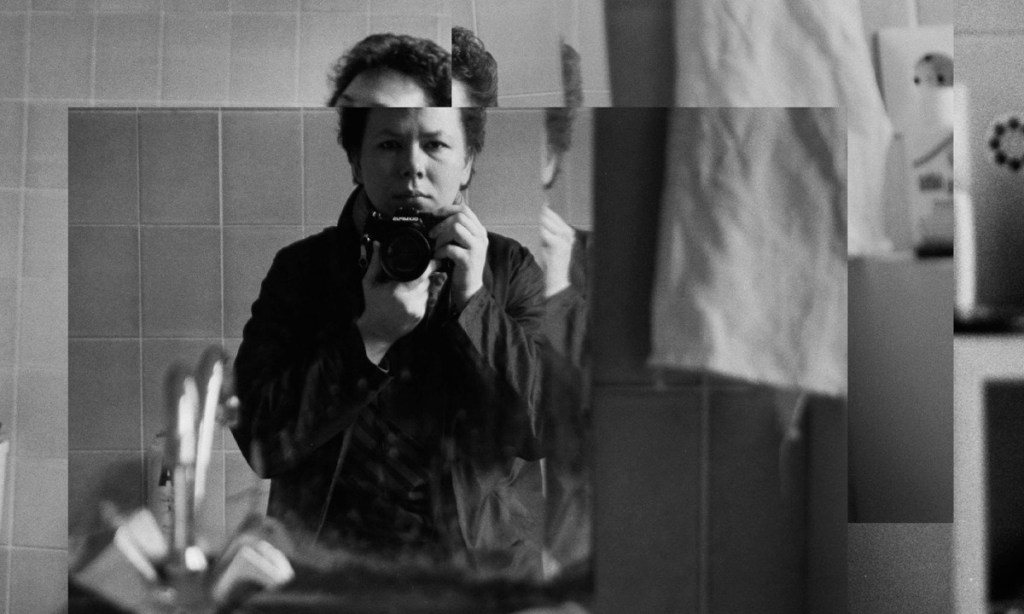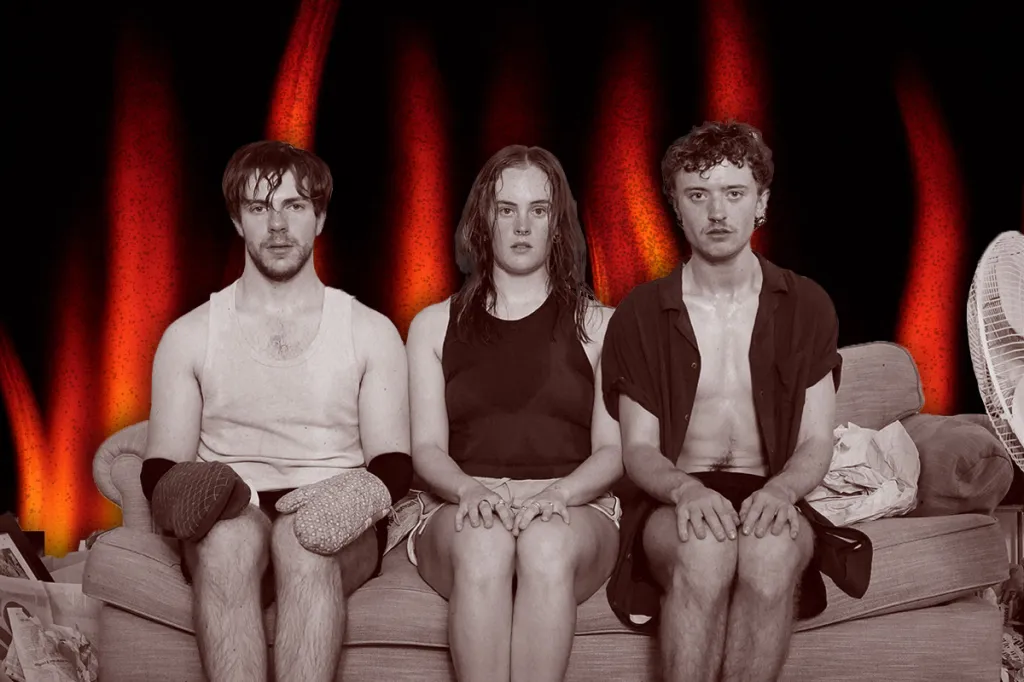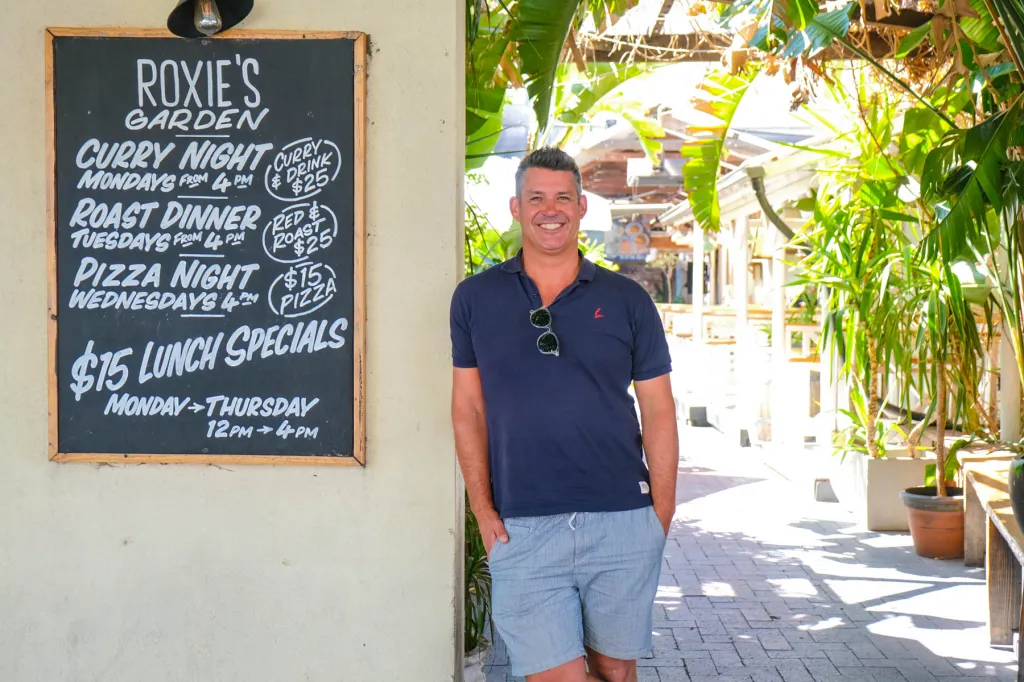Proving that it is always the time for art.
I’m Not Everything I Want to Be opens with a phone call. Photographer Libuše Jarcovjáková, often referred to as the “Nan Goldin of Prague”, has been invited to showcase a major retrospective of her work in Paris, an exhibition that will result in her collaboration with Klára Tasovská – the filmmaker behind this innovative documentary.
Tasovská’s film is a mindful, introspective look at the fear, love, longing, rage, joy and liberation experienced by the artist in her lengthy journey towards widespread recognition.
Granted access to Jarcovjáková’s personal diary entries and photography, Tasovská relays Jarcovjáková’s life history and her art-making through black-and-white photographs that span the artist’s career, with the film’s voice-over narration spoken by the Czech artist herself. More than Jarcovjáková narrating her story, what Tasovská creates is a conversation about art and life that is exchanged between the filmmaker, artist and audience.
I’m Not Everything I Want to Be starts in the summer of 1968 with the Russian invasion of Czechoslovakia.
The Soviets are trying to stamp out reformist movements and young Libuše is denied access to university because of her family’s political standing. Despite both her parents being trained artists, there is no support to be found inside the walls of her home: “Now it’s not the right time for art,” Jarcovjáková’s mum will tell her.
Following this rejection, Jarcovjáková begins work in a printing factory. Her photography here captures long hours and hard work on the factory floor, the camaraderie amongst the workers and their drunken adventures.
She ends her time her in the factory with an erotic adventure, resulting in an unplanned pregnancy and a lot of ruined papers. Not wanting to become a mother after having seen the sacrifices her own mother had made, Jarcovjáková goes through the long and arduous process of receiving an abortion under Soviet control.
While her photography is met with disapproval from loved ones and threats from the Soviet regime, it’s during Jarcovjáková’s first visit to Tokyo that she first encounters someone who believes in her art: the Japanese designer Katsuyuki, with whom she develops a lifelong friendship.
It’s in this context that, for the first time, we then see the inclusion of Jarcovjáková’s coloured photography in the film.
It is during Jarcovjáková’s return to Prague that we see some of the film’s most captivating moments, showcasing the queer night scene in Prague through the LGBTQ+ bar ‘T-Club’.
Love, drugs, sweat, sex and joy flash across the screen in Tasovská’s invigorating presentation of this time in the artist’s life. Some photographs are saturated in colour, others pulsate with strobe light, in time with classic club beats. This period of Jarcovjáková’s art comes to an end following a close call with the police, and the artist begins to worry that her photographs will put the community at risk.
Subscribe for updates
Under a restrictive totalitarian government, Jarcovjáková persistently sought to capture individuals who were otherwise ignored. Whether photographing the nightlife of factories and gay bars, capturing her sexual life and struggles with depression or composing portraits of Romani families and migrant workers, there is a question at the core of Jarcovjáková’s art: Am I everything I want to be?
This film is the human experience, all the trials and tribulations that come with it, distilled into 90 minutes and one fundamental truth is laid bare: it is always the time for art.
I’m Not Everything I Want to Be screens on Friday, November 1 at 7pm at the Odeon Star Semaphore.
This review was provided by the “2024 Emerging Screen Critics Program” – a Screen Studies collaboration between the Adelaide Film Festival and UniSA Creative, with the participation of students and mentors from the University of South Australia, the University of Adelaide and Flinders University. Supported by CityMag.


